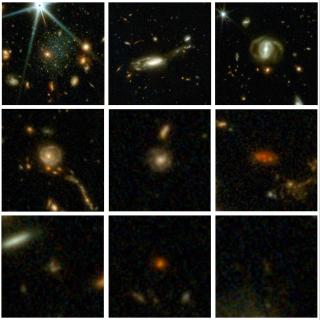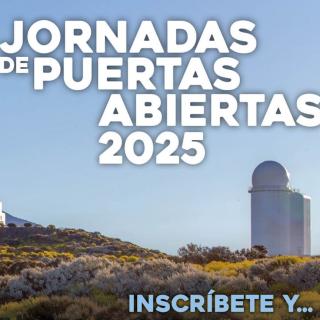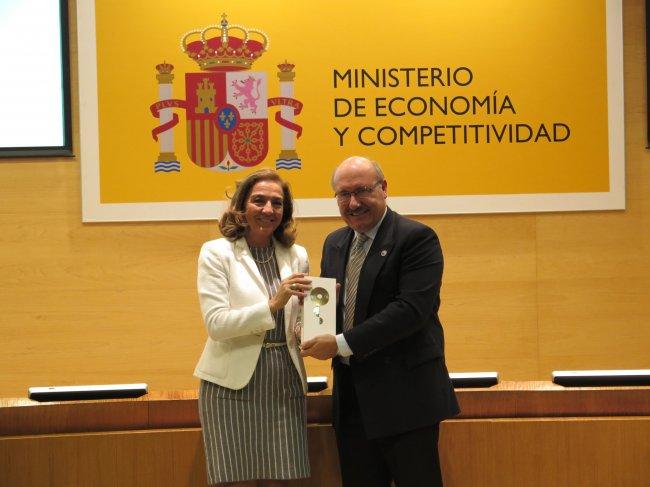It may interest you
-
 The largest observation program of the James Webb Space Telescope (JWST) has released its data: nearly 800,000 galaxies observed in unprecedented detail. COSMOS-Web thus offers the most extensive and deepest view of the universe ever obtained. In this data release, the Instituto de Astrofísica de Canarias (IAC) has played a key role, performing the morphological classification of more than half a million galaxies using neural networks, a crucial contribution to explore how galaxies form and evolve over cosmic time. COSMOS-Web was the largest General Observer program selected for Cycle 1 ofAdvertised on
The largest observation program of the James Webb Space Telescope (JWST) has released its data: nearly 800,000 galaxies observed in unprecedented detail. COSMOS-Web thus offers the most extensive and deepest view of the universe ever obtained. In this data release, the Instituto de Astrofísica de Canarias (IAC) has played a key role, performing the morphological classification of more than half a million galaxies using neural networks, a crucial contribution to explore how galaxies form and evolve over cosmic time. COSMOS-Web was the largest General Observer program selected for Cycle 1 ofAdvertised on -
 El Instituto de Astrofísica de Canarias (IAC) se suma a la conmemoración del Día Internacional de las Mujeres y las Niñas en la Ciencia con un amplio programa de actividades orientadas a visibilizar el papel de las mujeres en la astronomía y fomentar el interés por la ciencia y la tecnología entre las nuevas generaciones. Entre las acciones más destacadas se encuentra la Editatona 11F, organizada junto a Wikimedia España. La iniciativa se articula en dos jornadas complementarias: un wikitaller práctico de introducción a la edición en Wikipedia, en el que las personas participantes aprendenAdvertised on
El Instituto de Astrofísica de Canarias (IAC) se suma a la conmemoración del Día Internacional de las Mujeres y las Niñas en la Ciencia con un amplio programa de actividades orientadas a visibilizar el papel de las mujeres en la astronomía y fomentar el interés por la ciencia y la tecnología entre las nuevas generaciones. Entre las acciones más destacadas se encuentra la Editatona 11F, organizada junto a Wikimedia España. La iniciativa se articula en dos jornadas complementarias: un wikitaller práctico de introducción a la edición en Wikipedia, en el que las personas participantes aprendenAdvertised on -
 The Instituto de Astrofísica de Canarias (IAC) invites the public to visit the Teide Observatory (Izaña, Tenerife) during the weekend of 21 and 22 June, coinciding with the week of the summer solstice. The activity is part of its Open Days, a free science outreach initiative organised by the Observatory itself together with the IAC's Scientific Communication and Culture Unit (UC3). Over two days, those attending will be able to tour some of the most important scientific facilities at the centre, learn how they work from the technical and research staff, and make live solar observations. EachAdvertised on
The Instituto de Astrofísica de Canarias (IAC) invites the public to visit the Teide Observatory (Izaña, Tenerife) during the weekend of 21 and 22 June, coinciding with the week of the summer solstice. The activity is part of its Open Days, a free science outreach initiative organised by the Observatory itself together with the IAC's Scientific Communication and Culture Unit (UC3). Over two days, those attending will be able to tour some of the most important scientific facilities at the centre, learn how they work from the technical and research staff, and make live solar observations. EachAdvertised on
